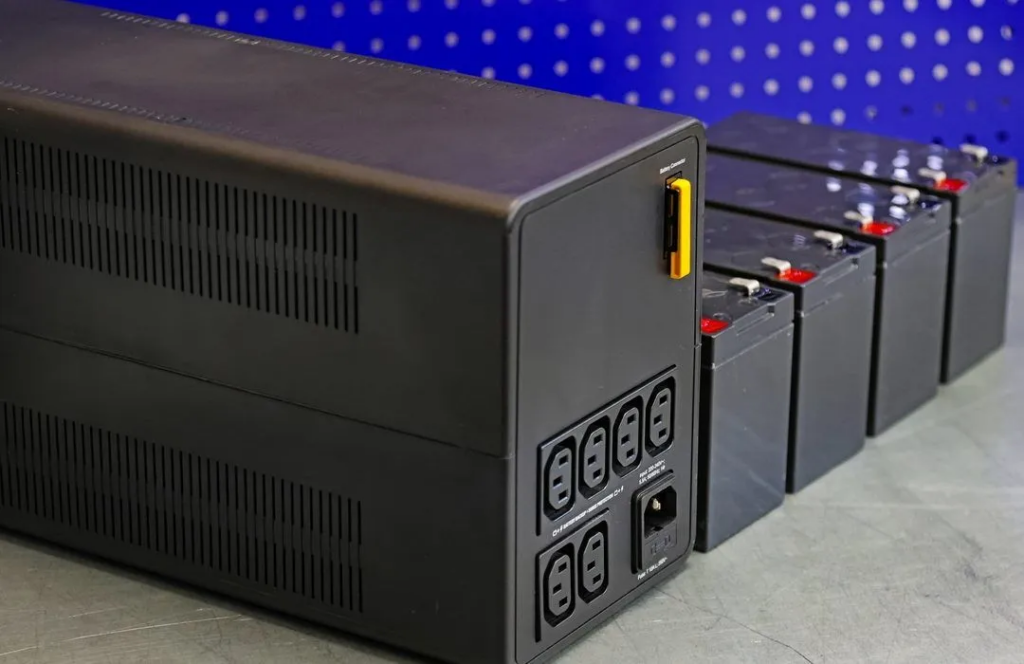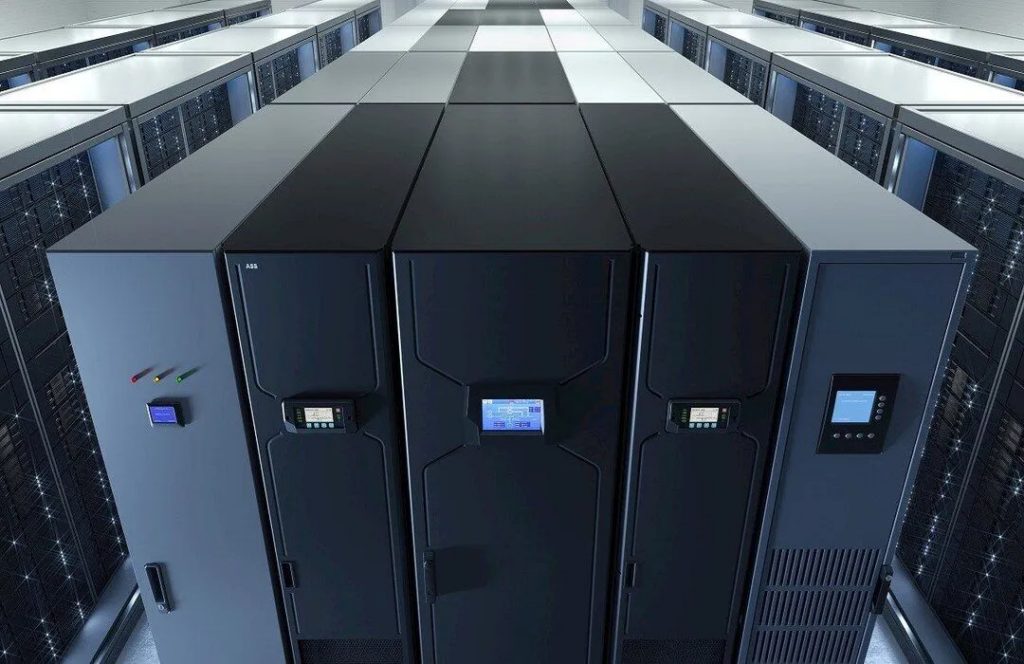In today’s world, where electricity is a critical part of everyday life, businesses and homeowners alike are seeking reliable ways to ensure uninterrupted power supply during outages. Backup power solutions have become essential, not just for industries and businesses but also for residential areas.
These solutions provide an alternative power source when the primary power supply is unavailable, ensuring the continuity of operations and reducing the risk of data loss, financial losses, and inconvenience.
Why Backup Power Solutions Matter
Backup power solutions are vital for maintaining business operations during power outages. Whether it’s a small office, a large commercial enterprise, or a home office, having a backup power source ensures that critical equipment remains operational. This is particularly important for businesses that rely heavily on technology and data, as a power outage can result in significant financial losses and data corruption.
For homeowners, backup power solutions provide peace of mind by ensuring that essential appliances and systems, such as refrigerators, heating, and security systems, continue to function during an outage. In regions prone to natural disasters, such as bushfires or floods, having a reliable backup power solution can be life-saving.
Types of Backup Power Solutions

There are several types of backup power solutions available, each with its own advantages and disadvantages. The most common types include:
Uninterruptible Power Supplies (UPS)
Uninterruptible Power Supplies (UPS) are designed to provide short-term power to electronic devices during an outage. They are commonly used in businesses and homes to protect computers, servers, and other critical equipment from power fluctuations and outages. A UPS contains a battery that provides instant power in the event of an outage, allowing devices to continue running without interruption.
UPS systems are particularly useful for protecting sensitive equipment from power surges and fluctuations, which can cause data corruption and hardware damage. However, they are typically not suitable for providing long-term power, as their battery capacity is limited.
Generators
Generators are a popular backup power solution for both residential and commercial applications. They are capable of providing power for extended periods, making them ideal for areas prone to prolonged outages. Generators come in various sizes and fuel types, including diesel, petrol, and natural gas.
- Portable Generators: Portable generators are versatile and can be used for a variety of applications, from powering essential appliances during an outage to providing electricity at outdoor events. They are relatively affordable and easy to operate, making them a popular choice for homeowners.
- Standby Generators: Standby generators are permanently installed and connected to a building’s electrical system. They automatically start and provide power during an outage, ensuring that essential systems and appliances remain operational. Standby generators are often used in commercial settings and larger homes, where continuous power is critical.
Battery Storage Systems
Battery storage systems have gained popularity in recent years due to advancements in battery technology and the increasing use of renewable energy sources. These systems store electricity generated from solar panels or the grid, providing a sustainable and environmentally friendly backup power solution.
Battery storage systems are ideal for homes and businesses with solar panels, as they allow excess solar energy to be stored and used during an outage. They also offer a silent and emission-free alternative to traditional generators, making them a popular choice for environmentally conscious consumers.
Fuel Cells
Fuel cells are an emerging backup power solution that generates electricity through a chemical reaction between hydrogen and oxygen. They offer a clean and efficient source of power, with the only by-products being water and heat. Fuel cells are typically used in commercial and industrial applications, where a reliable and sustainable backup power solution is required.
Key Considerations When Choosing a Backup Power Solution

When selecting a backup power solution, several factors should be considered to ensure that the chosen system meets the specific needs of your home or business. Some of these considerations include:
Power Requirements
The first step in selecting a backup power solution is to determine your power requirements. This involves identifying the essential appliances and systems that need to be powered during an outage and calculating their total power consumption. This information will help you choose a backup power solution with the appropriate capacity and features.
Duration of Power Outages
Consider the typical duration of power outages in your area and choose a backup power solution that can provide power for the required duration. For short-term outages, a UPS system may be sufficient, while a generator or battery storage system may be necessary for longer outages.
Installation and Maintenance
Backup power solutions require regular maintenance to ensure their reliability and efficiency. Consider the installation and maintenance requirements of each option and choose a solution that fits your budget and maintenance capabilities.
Environmental Impact
For environmentally conscious consumers, the environmental impact of a backup power solution is an important consideration. Battery storage systems and fuel cells offer sustainable and emission-free alternatives to traditional generators, making them an attractive option for those looking to reduce their carbon footprint.
Cost
Cost is a significant factor when choosing a backup power solution. Consider the initial purchase price, installation costs, and ongoing maintenance expenses when evaluating different options. While some solutions may have a higher upfront cost, they may offer long-term savings through reduced fuel consumption and maintenance costs.
Conclusion
In summary, backup power solutions have always been intended as a method of protecting business interests. Reliability and uninterrupted operations are what they offer. This ensures maximum profitability, safety, and efficiency. S system is an essential asset for ensuring business continuity and success.





